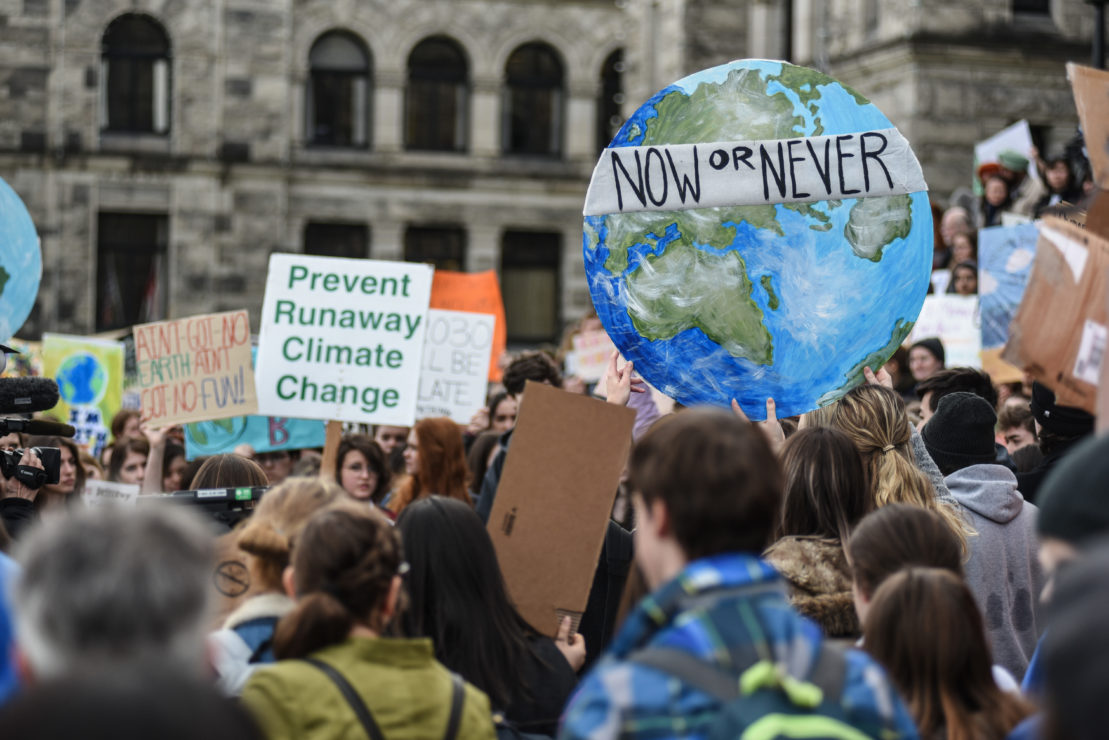Heat wave emphasizes the crisis in “climate crisis”

We sound like a broken record. Students, scientists, and concerned members of the community have been calling for climate action for decades now. All that has changed in recent years is the severity predicted by climate change models and the replacement of the misnomer “climate change” with “climate crisis.”
The deadly heat wave B.C. experienced in June is sadly not surprising. CTV reported that three separate government reports compiled between 2009 and 2017 accurately predicted that as climate change progressed the province would face heat waves of increasing intensity and duration. Yet very little has been done to either wean ourselves off fossil fuels and destructive primary resource extraction or to prepare for a heat wave of this magnitude.
During June’s heatwave, our health services and first responders were overwhelmed with the increase in calls across the province. It has now been confirmed that 719 people died in B.C. over the course of the week, which is triple the average number of weekly deaths in the province.
An estimated one billion seashore animals also fell victim to the high temperatures. Our precious water ecosystems were significantly impacted by the sudden drastic spike and now some researchers are saying that this could affect ocean water quality in the coming years, especially if we subsequently continue to record such deadly temperatures.
Then there is Lytton, a small town northeast of Vancouver that burned down completely only a few days after experiencing a record-shattering temperature of 49.6°C. The previous national record was 45°C in Saskatchewan in 1937, a temperature that Lytton exceeded for three days in a row.
Contrary to the B.C. government’s public stance on climate change — which has featured lengthy rhetoric about the dangers it poses — it has continued to increase fossil fuel subsidies. In 2017-18, the province’s fossil fuel subsidies were $830 million and these figures have only continued to go up. Over the last year, B.C. spent more on fossil fuel subsidies than on reducing greenhouse gas emissions, according to a report by Stand.earth.
It is time for this to end. In order to stop the climate crisis, we need to actually treat it like one.
Popular discourse often alludes to the idea that climate change won’t be disastrous until 2030 or later. Governments have set 2030 or 2050 as targets for their climate goals, even though our planet is literally burning up now.
Pledging action over the next 10 to 20 years does little to impact a crisis that has been going on for decades. The climate crisis is already hitting us hard at home now, and we aren’t prepared. We needed climate action yesterday.
The provincial and federal governments should see what happened in B.C. — and elsewhere in the Pacific Northwest and prairies — as a harbinger of things to come if we don’t make real change right now.
Instead of responding to the hundreds of deaths, boiled wildlife, and towns and forests on fire with sad remarks and better air-conditioning, we need governments and large corporations to take real action. We no longer have the luxury of time. If action doesn’t happen, the deadly heat we experienced in B.C. in June will become a new normal that we aren’t prepared to survive.







